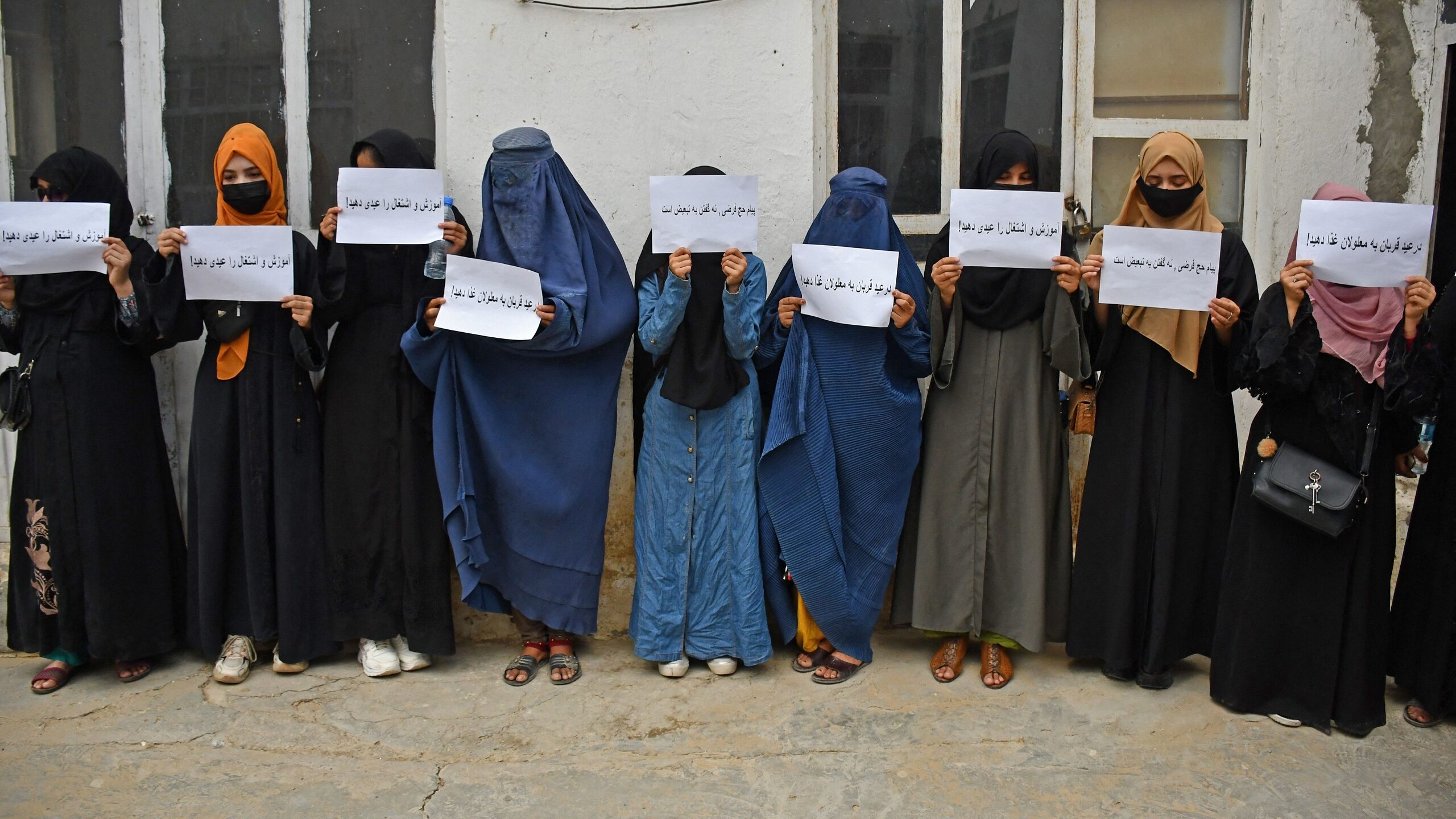The Legacy and Commemoration of Women in Our Societies
Al-Qabas, Kuwait, January 20
Al-Qabas, Kuwait, January 20
The majority of people lack knowledge about other cultures, but this is not necessarily a flaw. They are primarily focused on understanding their own customs, symbols, and history, and take pride in their own heritage. Consequently, it is not surprising that many Americans are unaware of the location of Kuwait or the capital of Egypt, as these details are not their foremost concern. However, what is truly astonishing is the persistently inadequate state of our education system, which places an excessive emphasis on religious matters while largely neglecting the rich tapestry of human history and its profound influence on our modern world. Our curricula fail to include the biographies of extraordinary individuals such as Einstein, Plato, Newton, Voltaire, Marie Curie (the only person to win two Nobel Prizes in different fields), Rosalind Franklin (who played a crucial role in unraveling the structure of DNA), Florence Nightingale (a pioneering figure in modern nursing), Amelia Earhart (a celebrated writer and aviation pioneer), and countless others. A glaring omission is the absence of any streets or alleys named after Kuwaiti or Arab women. Why is it that we have roads honoring terrorists and people of no significance, while the remarkable achievements of women remain unrecognized? What is the rationale behind this disregard for their contributions, especially considering that some of these individuals are deceased? Our curricula also overlook the extraordinary scholars of the Muslim world, to whom Western civilization owes an immense debt. These thinkers have been tragically forgotten. Why have we forsaken the names of Ibn Rushd, Ibn Arabi, Ibn Sina, al-Farabi, Ibn al-Haytham, Ibn al-Muqaffa’, and others? Rather than honoring them with scientific institutions, hospitals, and school or university laboratories, we have dismissed them. Meanwhile, developed nations proudly display their statues in front of university buildings and laboratories, name squares and buildings after them, and have taught their writings in their universities for centuries! Moreover, our treatment of women is both regrettably discriminatory and degrading. It comes as no surprise that this mistreatment is linked to our intellectual, industrial, and commercial backwardness, as well as to our educational and moral deficiencies. Those who believe that morality is limited to reproductive organs are sorely mistaken. Morality encompasses a far deeper and more complex realm, and we cannot begin to quantify the number of girls and women who have perished due to slanderous accusations related to their perceived immorality. This tragic occurrence has plagued our history and continues to persist, with our laws often failing to deliver just punishments to offenders. Instead, they show leniency, allowing them to walk free, with a crown of honor upon their heads. It is absolutely inconceivable for any nation to thrive while viewing women as demonic creatures, subjecting them to humiliation, and considering them mere tools of temptation to be banned. It is time we rectify these grave oversights and rectify our educational curricula. We must celebrate the contributions of remarkable figures, both male and female, from diverse cultures. We must recognize the achievements of women and provide them with the respect and dignity they deserve. Only then can we truly progress and create a more just and equitable society. —Ahmed al-Sarraf (translated by Asaf Zilberfarb)

